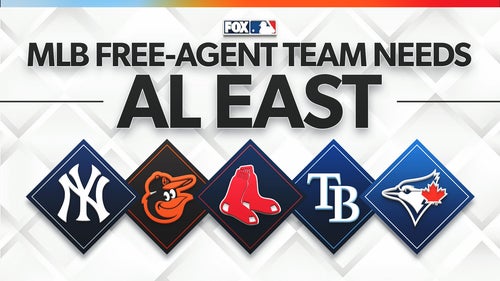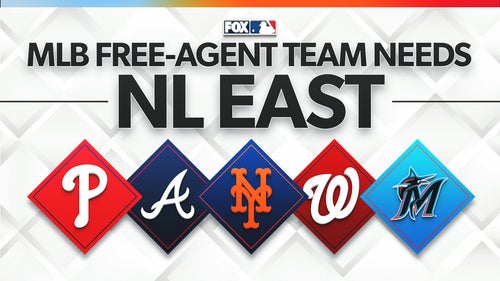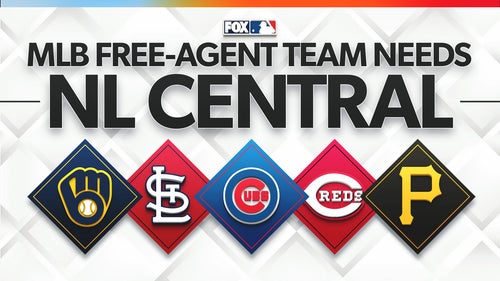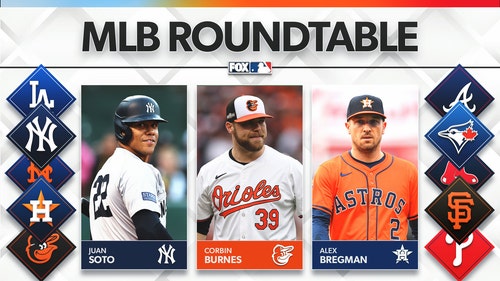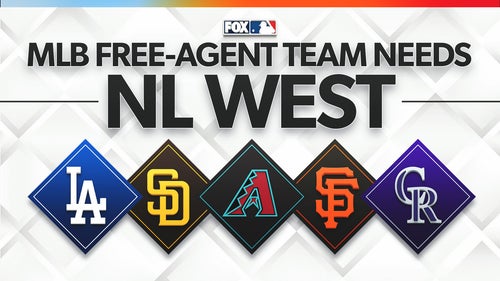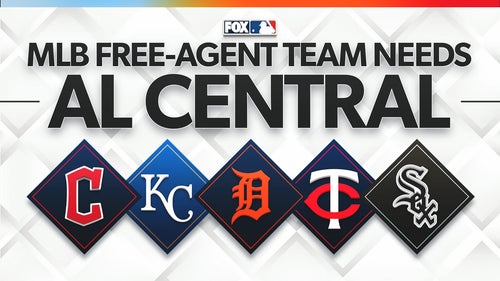Nats star Ryan Zimmerman's AP diary: Baseball was unlucky
EDITOR’S NOTE: Ryan Zimmerman is a two-time All-Star infielder who has played 15 years in the majors, all with the Washington Nationals. He holds most of the team’s career hitting records, and his two homers and seven RBIs last postseason helped the Nationals win their first World Series championship. With , because of the coronavirus pandemic, Zimmerman is offering his thoughts — as told to AP Sports Writer Howard Fendrich — in a diary of sorts while waiting for baseball to return. In the ninth installment, Zimmerman discusses why he thinks his sport ended up in an unlucky position.
___
Every week is becoming a big week to try and move forward if we’re going to have a chance to do anything this season.
In the moment, when things like this happen, there’s always sort of these two thought processes.
There’s the doomsday people that say, “It’ll never be the same if you don’t play in 2020. The fans will never come back. We’ll lose so many people. When we start up next year, nobody will watch.”
And there’s the people that say, basically, “Baseball’s been around for a long time. We’ve gone through a lot of labor things. This is an unprecedented time. We’ll survive this.”
It’s not an excuse, but when you think about it, of all the sports, we got unlucky with the timing of how this worked out — it seems like it’s a lot more complicated for baseball.
The NBA and the NHL got pretty much three-quarters of their seasons in before the virus happened. They can set themselves up in one or two sites for their playoff scenario and control everyone’s movement.
The NFL is still 2½ months away, so if everything goes well by then, football is going to be in a way better place to play. And football plays just one game a week, so that makes it a lot easier to control the week of practicing, stagger when people are in the facility, and maybe you could test everyone on Friday and keep them in a hotel until Sunday’s game. Then you’re only talking about being away from your family for Saturday and you go home Sunday after the game.
To think about us trying have a whole regular season and then playoffs, and the number of games we would play each week, and all of the travel involved — that’s part of why it has been so hard for us.
The economics of it have been getting the bulk of the attention, but there’s also still the health stuff we need to talk about. I trust my teammates and I trust other people. But I also have a 10-day-old baby at home. And I play first base; if I’m going to hold someone on, now I’m trusting everyone who comes to first base is healthy.
I know people think: “All these other sports are figuring it out. You guys are just complaining and whining and bickering and going back and forth.”
Anytime you have people who make lots of money arguing about money, it doesn’t sit well with people. At the end of the day, all sports leagues are businesses. Other leagues have had work stoppages — that’s what comes along with having unions and owners. It’s not always pretty. It’s not always fun. Fans suffer. But sometimes it’s necessary.
I know people don’t like equating real-life struggles to sports, entertainment, business matters because it doesn’t always work out to be the same. People look at the type of money that we make. And I get that.
But these are the things that players before us have fought for and we need to fight for to allow future players to have the same rights we have.
Someone might say: “What does right now matter? This is a special circumstance. There’s no way that anything you do this year will ever be carried over.” I would tell those people to look at the history of sports. There’s always things that get carried over when new precedents are set. So we need to be very cautious about that.
___
More AP MLB: , and
